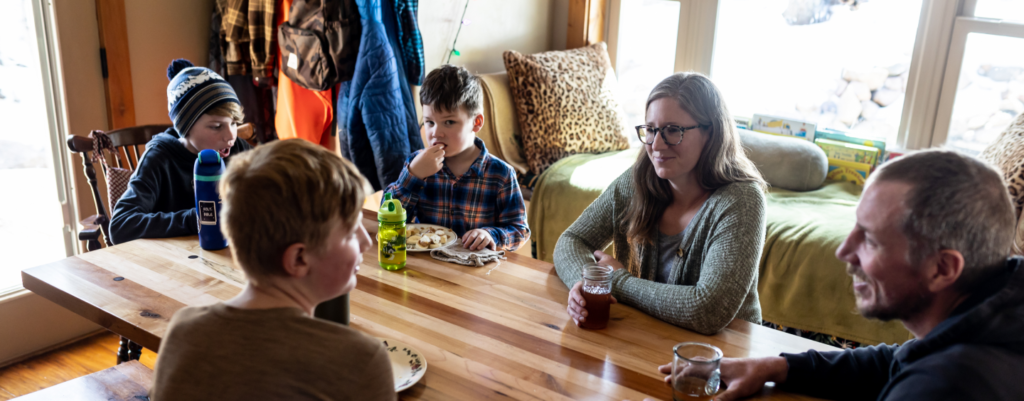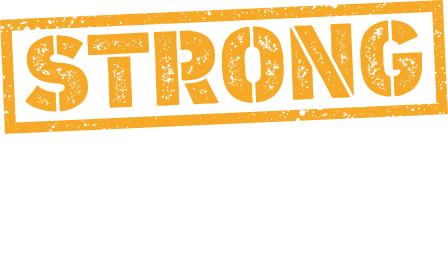Effective communication is the foundation of healthy relationships, and this principle applies to the parent-child dynamic as well. As parents, we strive to establish open lines of communication with our children to foster trust, understanding, and cooperation. By employing proven strategies and adopting a mindful approach, we can build strong communication bridges with our kids, which will benefit them throughout their lives. In this blog post, we will explore some practical and valuable tips for building effective communication strategies with kids.
- Active Listening
One of the fundamental aspects of effective communication with children is active listening. When your child expresses themselves, make an effort to truly hear what they have to say. Maintain eye contact, offer verbal and non-verbal cues to show your engagement, and avoid interrupting them. Active listening demonstrates respect for your child’s thoughts and feelings, encouraging them to express themselves more openly.
Building trust is crucial when it comes to effective communication with kids. Use the tactic to let the person speaking (aka, the person that has the floor), complete everything he or she is saying. Then the next person needs to repeat back what they heard before adding new communication.

- Empathy and Understanding
Practicing empathy and understanding is vital in building strong communication strategies with kids. Put yourself in their shoes, acknowledging and validating their emotions and experiences. Let them know that you understand their perspective, even if you don’t always agree with it. By doing so, you build a bridge of trust and reinforce the importance of their feelings.
- Use Age-Appropriate Language
Communicating with children requires adjusting your language to suit their age and comprehension level. Avoid using complex vocabulary or concepts that might confuse them. Instead, use clear and concise language, providing explanations and examples when necessary. By using age-appropriate language, you facilitate effective communication and ensure that your message is understood.
- Set Aside Quality Time
Building effective communication with kids requires dedicating quality time to connect with them. Establish regular family routines and activities that encourage open conversations. This can be through family meals, game nights, or shared hobbies. Setting aside time for focused interaction fosters a stronger bond and allows for more meaningful conversations.
- Encourage Two-Way Communication
Communication should be a two-way street, even with young children. Encourage your child to express their thoughts, ideas, and concerns. Give them opportunities to ask questions and engage in conversations. By valuing their input, you empower them to develop their communication skills and contribute to meaningful discussions.
- Be a Role Model
Children learn by observing and imitating their parents. As a parent, be mindful of your own communication habits and lead by example. Practice effective communication techniques such as active listening, respectful dialogue, and problem-solving. By being a positive role model, you provide your child with a solid foundation for their own communication skills.
Building effective communication strategies with kids is a continuous process that requires time, effort, and patience. By actively listening, creating a safe environment, practicing empathy, using age-appropriate language, setting aside quality time, encouraging two-way communication, and being a role model, parents can foster strong bonds with their children and develop their communication skills.
Remember, effective communication not only benefits your child’s development but also strengthens your relationship and paves the way for a harmonious family dynamic.

